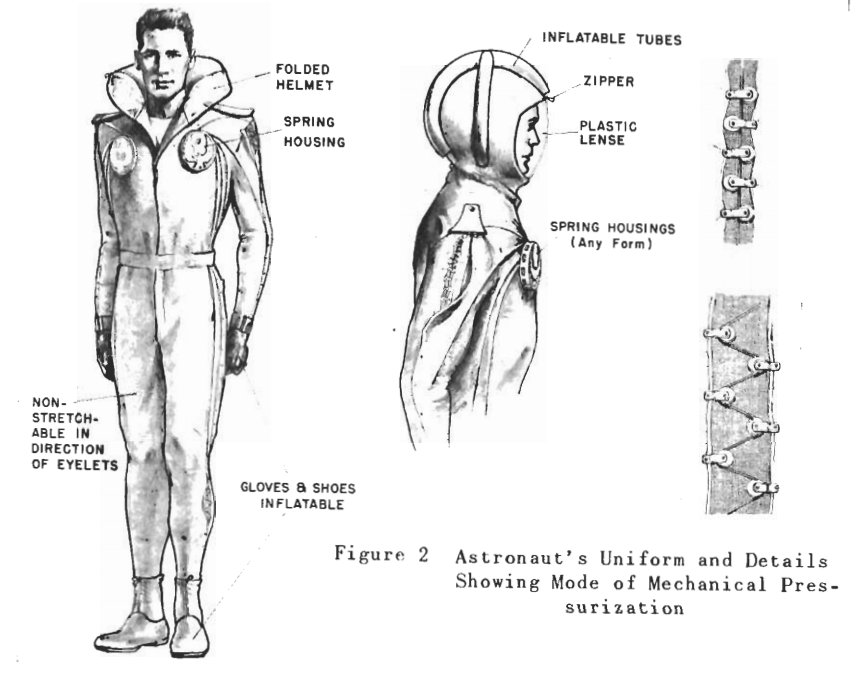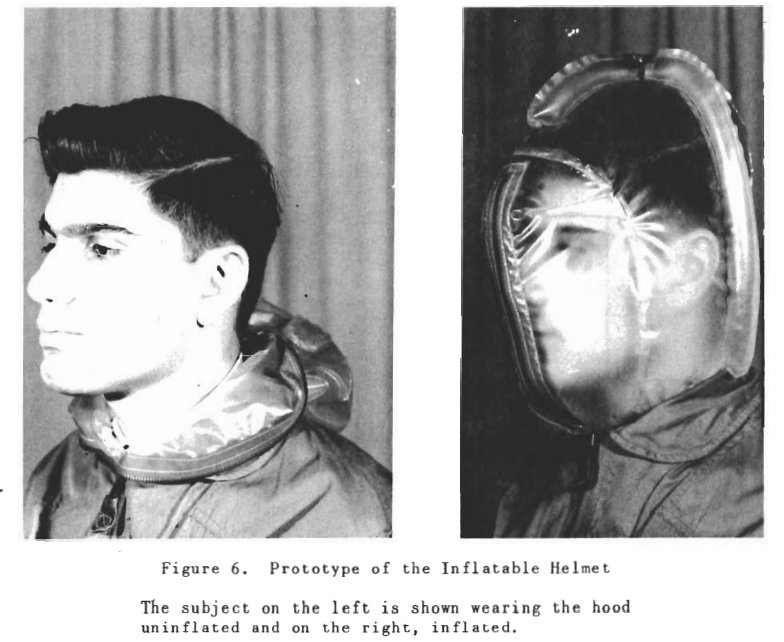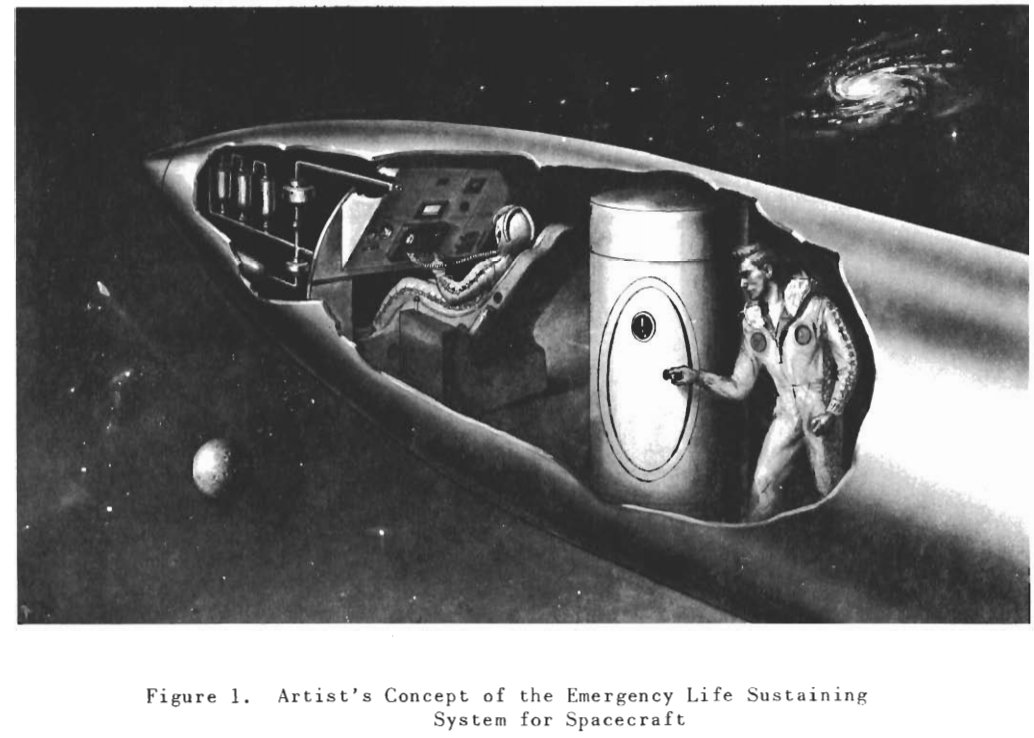Featured Course – Black Holes: Race and the Cosmos
Black Holes: Race and the Cosmos is a new hybrid course taught by Profs. Parisa Vaziri (Comparative Literature), and Nicholas Battaglia (Astronomy). No prerequisites are required, and the course is open to all undergraduates. Please see the description below and attached poster. For more information, you can contact Prof. Vaziri at pv248@cornell.edu. The course can be taken for Physical Sciences credit for students who matriculated in 2020.
Black Holes: Race and the Cosmos
MW 11:25-12:40
Conventional wisdom would have it that the “black” in black holes has nothing to do with race. Surely there can be no connection between the cosmos and the idea of racial blackness. Can there? Contemporary Black Studies theorists, artists, fiction writers implicitly and explicitly posit just such a connection. Theorists use astronomy concepts like “black holes” and “event horizons” to interpret the history of race in creative ways, while artists and musicians conjure blackness through cosmological themes and images. Co-taught by professors in Comparative Literature and Astronomy, this course will introduce students to the fundamentals of astronomy concepts through readings in Black Studies. We will experiment with what it means to engage with astrophysics concepts both inside and outside of the disciplinary framework of astronomy—for example, in genres like film, afrofuturist science fiction, and critical theory. Do astronomy concepts lose coherence outside of their scientific contexts, or do they acquire a different kind of sense? Why are humanities scholars everlastingly drawn toward the stars? In particular, what do artists and theoreticians of color gain from turning identity politics toward cosmological reflection? Texts will include works by theorists like Michelle Wright and Denise Ferreira da Silva, authors like Octavia Butler and Dionne Brand, and others. Astronomy concepts will include the electromagnetic spectrum, stellar evolution, and general relativity.
Neat. So, parents sending your kids to Cornell: is your money well spent? Students racking up vast student debts: will these courses actually help you become good astronomers and astrophysicists? Is this a good use of your limited time and resources?
Working class people who just barely make ends meet and who cannot *imagine* ever going to Cornell for an astrophysics degree: so how excited are *you* about having your taxes raised in order to pay off the student debts of people who decide to take these ᛒᚪᛚᛚᛋᚻᛁᛏ courses and then find that their degrees are worthless, and who then demand that *you* pay for their years of screwing around and for their bad financial and life planning?



